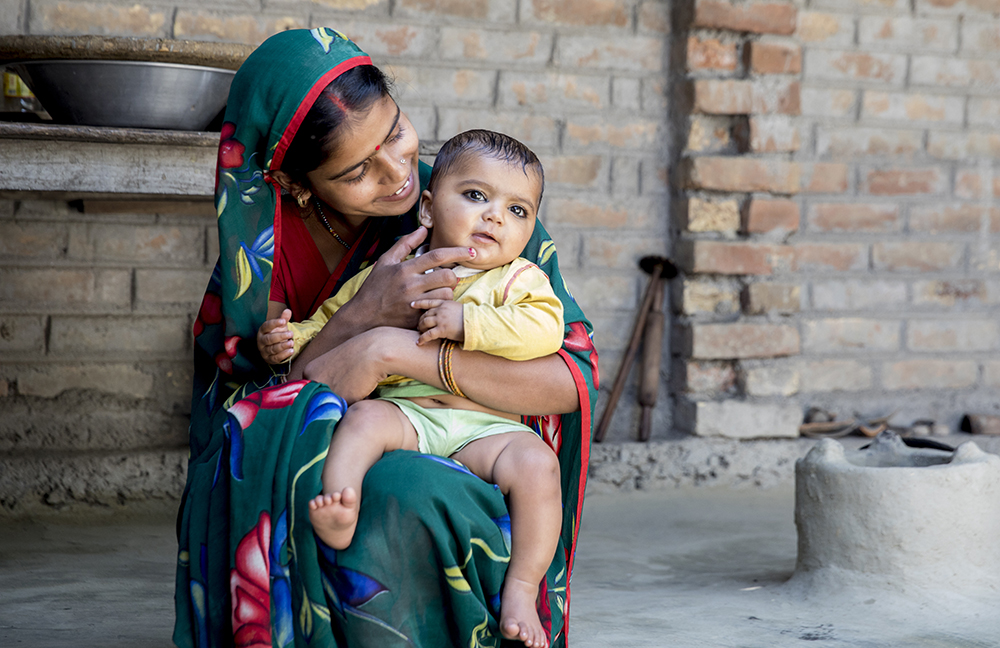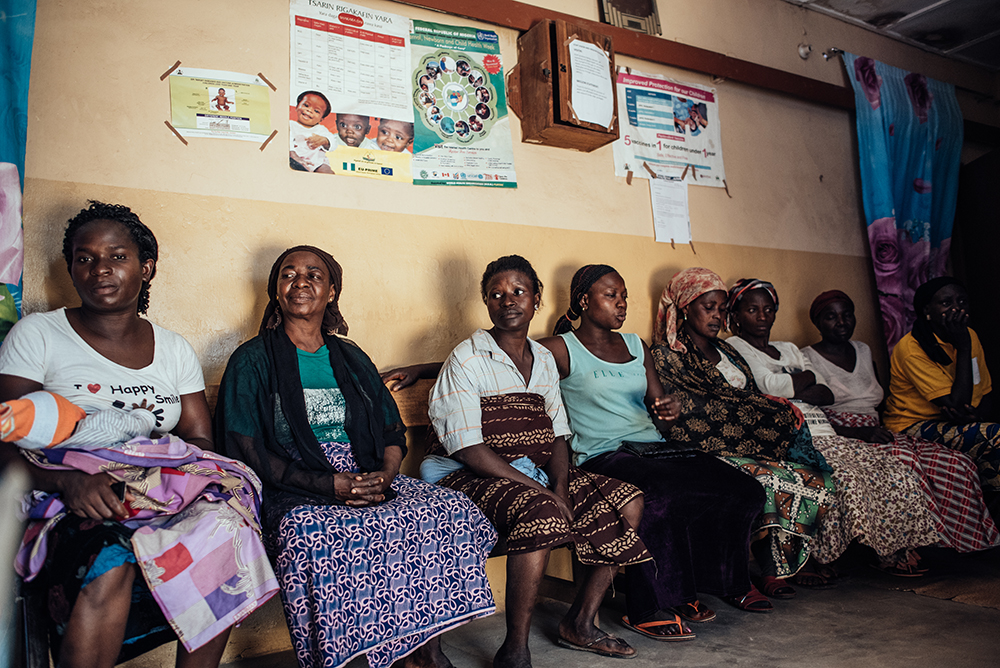Tackling barriers to family planning access for women through a multipronged approach
On World Population Day, SHOPS Plus highlights some of the ways we address factors that affect access to services and products. The project’s work ranges from creating online tools and a customizable toolkit to improving provider quality and gender integration.
Understanding the current situation and future scenarios

SHOPS Plus recently updated a pair of interactive, online tools that show where women obtain their contraceptives, which helps family planning programs better target their resources, improve contraceptive access, and increase method choice. Private Sector Counts, which uses data from the most recent Demographic and Health Survey (DHS) data in 37 low- and middle-income countries, shows the past and current situation across multiple countries. The Family Planning Market Analyzer, which combines data from DHSs and FP2020’s projections of modern contraceptive prevalence, shows projections of what future scenarios could look like for individual countries. The project also developed and distributed a series of country-specific briefs that examine where women obtain modern contraception by method, geography, age, and socioeconomic status.
Creating an enabling environment
As part of the project’s effort to address barriers that keep women from accessing quality family planning services, SHOPS Plus developed an advocacy toolkit for injectables that supports the World Health Organization’s guidance for task sharing. The toolkit promotes the recommendation that injectable contraceptives be administered by pharmacists and that trained pharmacy workers, directly supervised by a pharmacist, have the ability to do the same. Despite the recommendation, pharmacists in many countries are unable to administer injectable contraceptives due to policies that prohibit this approach. By expanding services through task sharing, this approach will address the shortage of healthcare workers able to provide services and increase access to a broader range of methods.

Improving quality
SHOPS Plus delivers training sessions to improve the quality of care among private providers. In Nigeria, SHOPS Plus improves the quality of services and increases access to the full method mix by training providers and enabling them to offer a variety of services, and working with state government to reduce the cost of services. In countries like Senegal, the project also ensures private providers can offer more services, and build an efficient and sustainable business by providing them with business and financial management training.
Integrating gender
In Nigeria, SHOPS Plus changes the way providers interact with and counsel their clients by incorporating a gender lens in their training curriculum. The project works with providers and communities to increase male engagement and reduce provider bias in an effort to address gender barriers. The gender module includes a male engagement counseling segment that addresses communication between couples, differences between male and female reproductive health needs, and gender norms.
Learn more about our family planning work.